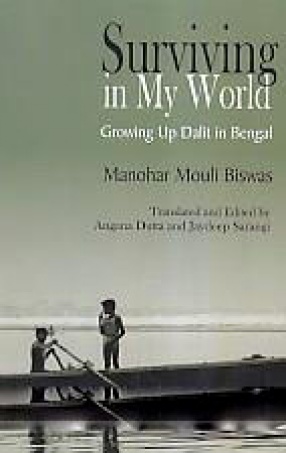
Samya

Showing all 14 books
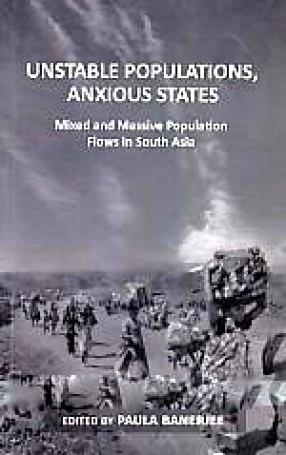

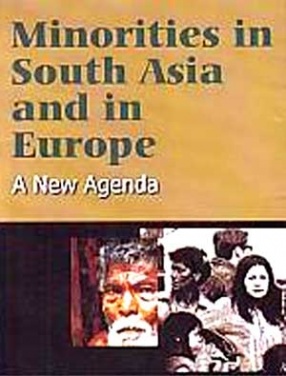

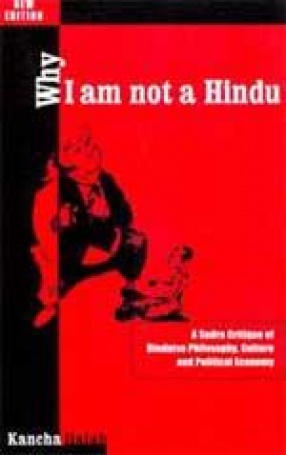
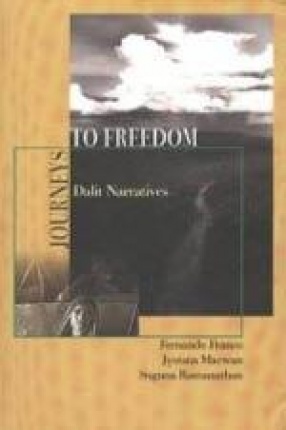


The result of a two-day dialogue on ‘Protection Strategies in South Asia’ organised by the Mahanirban Calcutta Research group, the volume has social scientists, media analysts and activists examining South Asian experiences with reference to massive displacement of population: the refugees, the internally displaced persons especially those belonging to religious and ethnic minorities, indigenous people and the Dalits and the urban poor. The ...
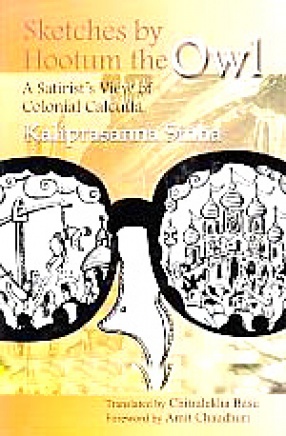

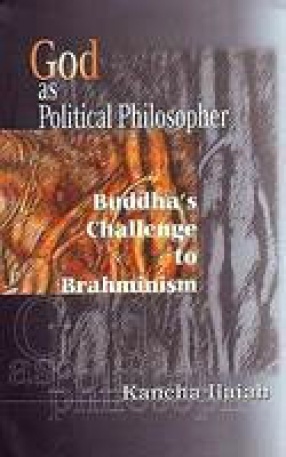
In this provocative and scholarly book, Kancha Ilaiah propounds a view of Gautama Buddha and his sangha that will change the way we think of both. Eschewing both religious obscurantism and a conventional reading of history, Kancha Ilaiah uses his considerable erudiction to take us on a journey into the past, to rediscover the life and thought of this man who gave up kingship to search for the truth. Along the way he uncovers the roots of democratic Indias ...

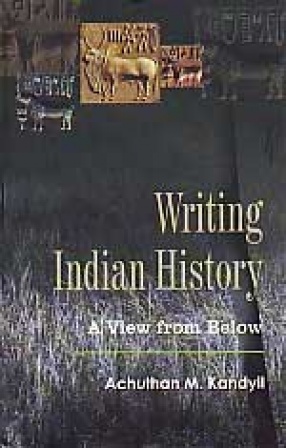

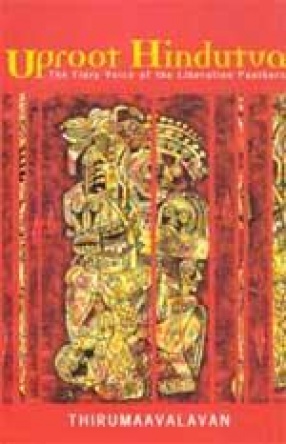
‘Grassroots are gaining strength. Perhaps the most radical is the Dalit Panthers, a Tamil Nadu resistance organization based on the African-American Black Panthers. Led by Thirumaavalavan, whose stirring two-hour rally speeches have made him something of a cult figure in the region, the Panthers doesn’t openly advocate violence. But the group does encourage Dalits to protect their rights by any means if necessary,’ cover story, ‘India’s Untouchables ...

The most gratifying thing for me was that this book was listed as a millennium book along with Dr. B.R. Ambedkar’s Annihilation of Caste. Moreover, it has been translated into several Indian languages. In a way it has become a weapon in the hands of Dalitbahujan activists. (From the new Afterword to the second edition). Kiancha Ilaiah writes with passionate anger, laced with sarcasm on the caste system and Indian society. He looks at the socioeconomic and ...

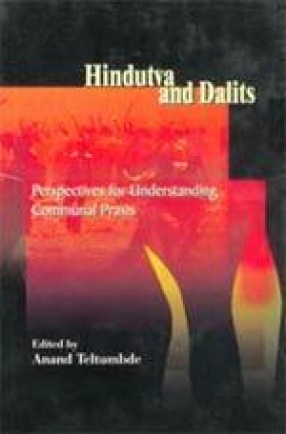
Why did Dalits join forces with the Hindu Right that unleashed the terrible pogrom in Gujarat against the Muslims in 2002? Why indeed are Dalits, the primary targets of the Hindu caste system, prepared to ally with Hindutva, the `programme of the ultra right political forces in India based on a fascist ideology and majoritarian communal identity'? Yet an alliance has been forged between the two over the past few years. As the editor, Anand Teltumbde, asks, `How ...

Thus two of the respondents in this book of interviews of dalits of Gujarat, pinpoint experiences of discrimination and assertion that co-exist in India today, suggesting the complexities of social and political change. It was to understand how dalits see themselves, their past, their present and their future that impelled the authors, Fernando Franco, Jyotsna Macwan and Suguna Ramanathan, sympathetic and informed interlocutors, to engage in lengthy interviews ...
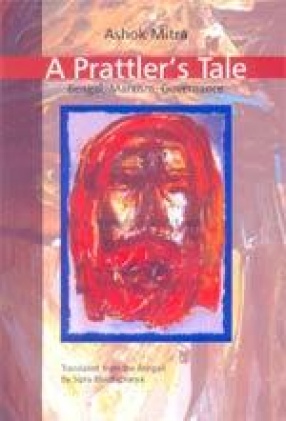
Offering a thought-provoking, incisive analysis of Bengal and India, Ashok Mitra's memoirs, translated for the first time into English from the Bengali original, Apila-Chapila (Ananda, 2003), brings contemporary India alive, Growing up in British India, in old East Bengal, as a member of the Bengali middle class, he dissects its ideals, foibles, prejudices and flaws. The Partition of India found him and his family in the new country of East Pakistan that ...
